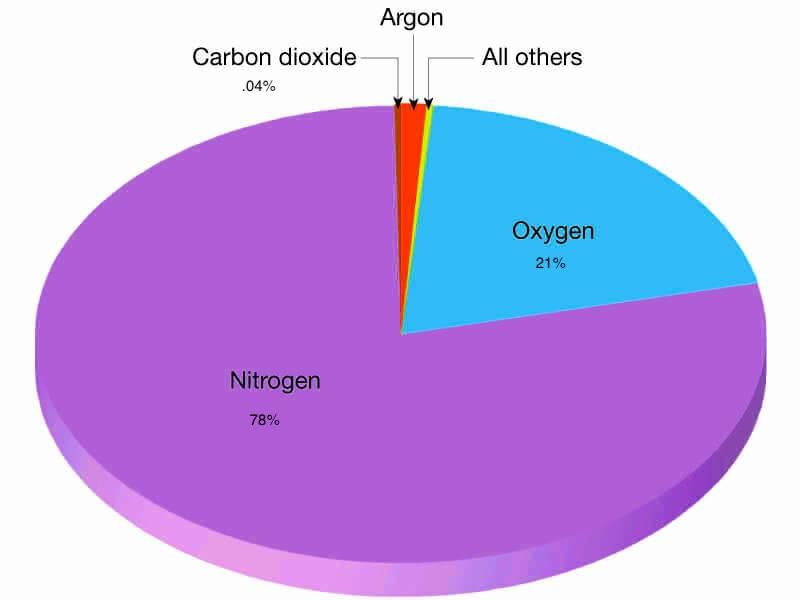Chapter Test: Resources - CTET & State TET MCQ
25 Questions MCQ Test - Chapter Test: Resources
What makes an object or substance a resource is called _____________
With regard to the Resources a few statements are given, which one among the following is NOT TRUE?
Name the term given to the resources that are drawn from Nature and used without much modification.
Some resources have economic value. From the given list of options, with respect to the given context, which one is closest in meaning to the word 'Value'?
Pick out the correct word from the given list of options and complete the following statement:
A _______________ is anything that can be used to satisfy human wants and has a value.
Name the term that can collectively refer to consist of all living and nonliving things that surround an organism.
Water, Electricity, Rickshaw etc have all something in common, they have been used by people and hence they are all examples of
From the following which one can be described as a best example for having an economic value
Grandmother's home remedies have no commercial value, but can be patented and sold to become economically valuable. What exactly is the meaning of the word Patent from the following list of options?
Assertion: Fossil fuels are an important source of energy.
Reason: Fossil fuels provide energy to different industries.
Coal, iron ore, petroleum, diesel etc. are examples of_____.
Which of the following is/are considered a renewable source of energy?
(i) Wind Energy
(ii) Solar Energy
(iii) Nuclear Energy
A common example of an individual-owned and a community-owned resource is _______.
One of the historical factors causing damage to our resources was__________.
Which of the following can be termed as mechanical failure in wells run dry?















